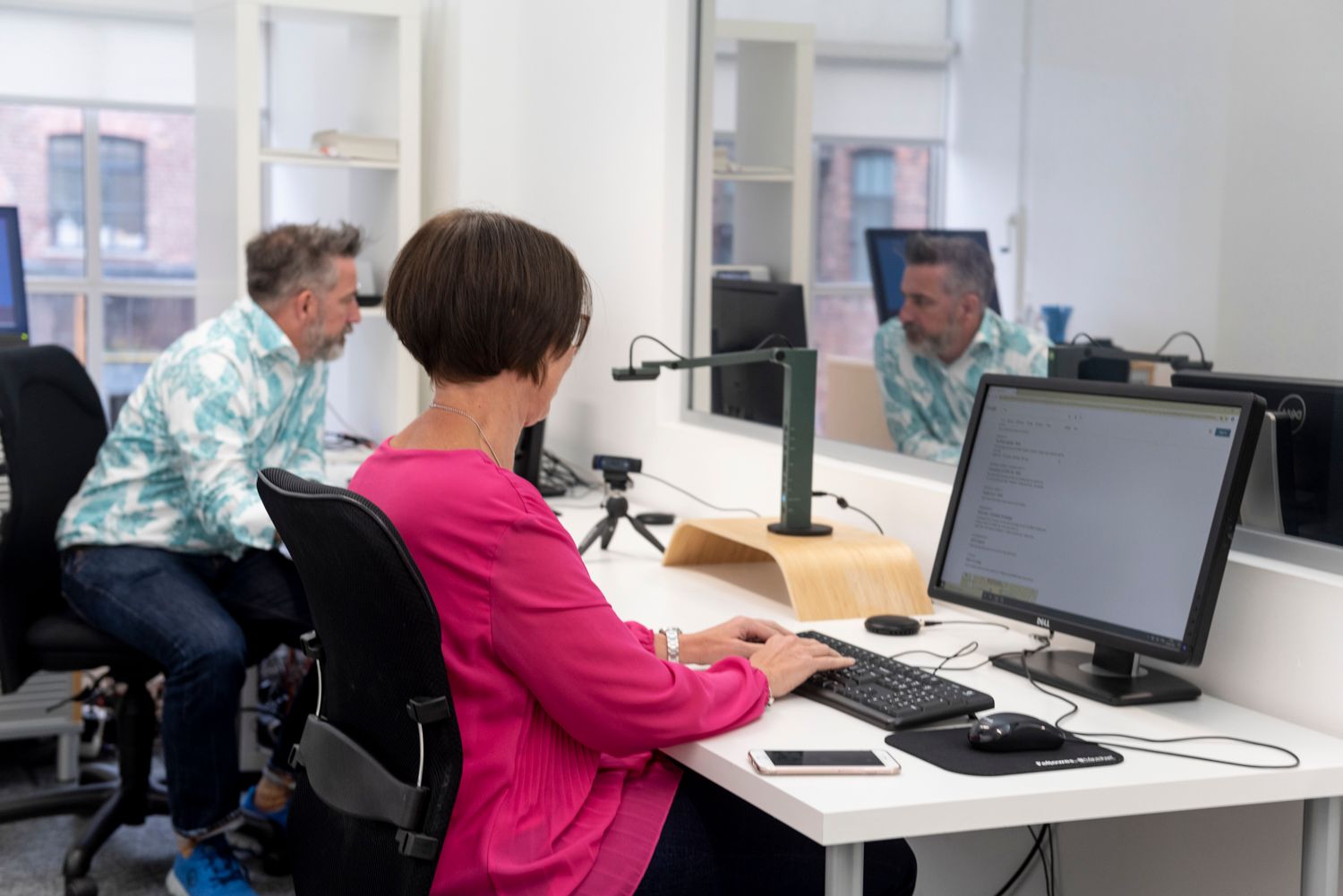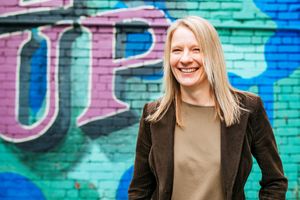- CDS unveils behavioural insight division – eight months after SimpleUsability acquisition
- £1.1m investment across a number of new roles, based at custom-built Yorkshire HQ
- Additional funds allocated to bolster market research and usability testing
Strategic communications agency CDS has announced the launch of a new behavioural insight division, designed to drive inclusivity and accessibility throughout the private and public sector.
With 50% of the UK’s population having one or more characteristics of vulnerability at any one point in time (FCA), the news marks ongoing investment totalling £3m in Leeds-headquartered CDS’s ‘people, processes, and technology’ toolkit, which also includes the creation of 13 new roles in a bid to ensure organisations improve access to services and communications – irrespective of age, literacy, digital knowledge, physical capability, or vulnerability.
The launch of the division signals further investment in – and the expansion of – SimpleUsability, which was acquired by CDS in October 2020. Based out of a custom-built research facility in Marshall’s Mill, Leeds, the new proposition will offer end-to-end behavioural insight services to support strategic and authentic communications.
Having earmarked £1.1m ongoing investment in growing its headcount, the expansion will include the recruitment of eight new team members, alongside a quintet of internal promotions, as well as further positions over the coming months.
CDS operations director, Clare Gledhill, will oversee the management and strategic development of the new behavioural insight agency. Lucy Beldon is the new planning and performance lead, Fiona Harwood moves into the role of head of service design, Susie Spencer will run the behavioural research team, and Martin Gittins leads on user experience design.
Explaining the rationale behind the launch, Clare said: “ONS data shows the UK has more than 10 million disabled people – only 8% of whom require the use of a wheelchair – as well as an ageing population with a wide range of needs, and 4.2 million people aged 65+ who have never used the internet.
“And, while the pandemic has undoubtedly highlighted the ethical needs for key services to start thinking about who and how they include everyone in communications, it also heralded a new ‘digital age’ where people rapidly embraced digital-first solutions. While it served a very timely function, it’s important we must remember that everyone has the right to the same experience as we start to shape our ‘new normal’.
“Our new behavioural insight agency will help organisations to understand the needs of their audiences so that they can build and deliver experiences and communications that are truly authentic and empathic in nature.”
In a bid to further understand the needs of society, CDS has invested a six-figure sum for access to research tools and tech such as Gartner and YouGov. This will bolster the organisation’s end-to-end service proposition, and provide quantitative data to back up its own in-house qualitive research capability delivered via its ResearchHelper arm – a market research, usability testing, participant recruitment, and sentiment mapping facility also based in Marshall’s Mill.
However, there is still work to be done in terms of educating society about the importance of inclusivity. “As an organisation, we’ve been very vocal about this for the past three years – but the events of the previous 12 months have brought accessibility firmly onto society’s radar,” continued Clare.
“Our own research has found that 67% of people have experienced a problem accessing the communications they’ve received from a range of organisations, both public and private sector. With nine million functionally illiterate adults (The Guardian), 1.9 million households with no access to the internet (Good Things Foundation), almost a million people whose first language isn’t English (ONS) and the average reading age in Britain being the equivalent to that of a nine-year-old – we mustn’t forget them as we enter the ‘recovery phase’ from the pandemic.”
Further new roles include a senior user researcher, accessibility executive, accessibility consultant, acquisition strategist, planning and performance executive, user experience designer, senior user experience designer, and participant recruiter.






